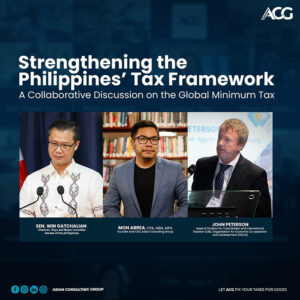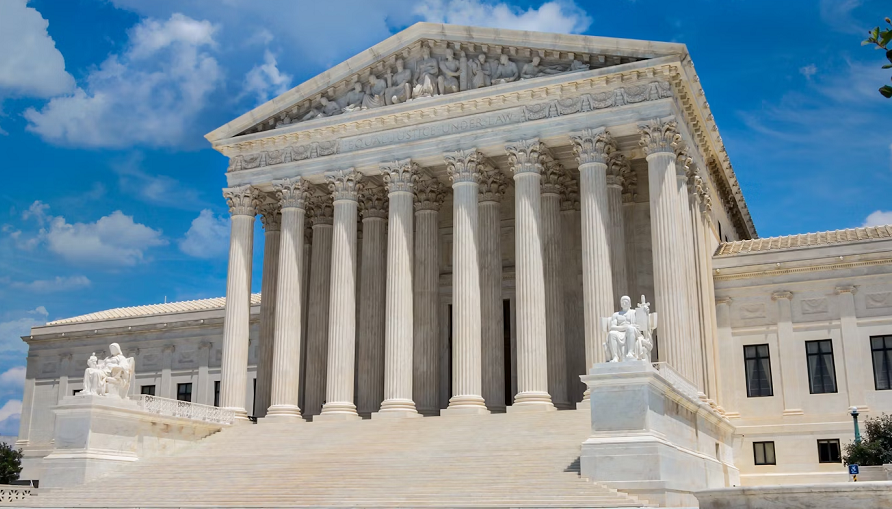The legal battle between Infosys and Cognizant continues with the former filing an antitrust case about Cognizant’s anticompetitive scheme to achieve, maintain, and enhance its dominance in both the healthcare payor software market and the related IT services market for that software. This is in violation of Sections 1 and 2 of the Sherman Act, as well as the Texas Free Enterprise Antitrust Act, says the counterclaim filed in US District Court for the Northern District of Texas Dallas Division.
businessline has a copy of the 50-page counterclaim, which comes after Cognizant’s subsidiary TriZetto alleged that Infosys had stolen trade secrets related to its healthcare insurance software. However, the Bengaluru-based software firm strongly rebutted this allegation.
Infosys in its counterclaim said that Cognizant has engaged in various endeavours of competition from more innovative and efficient rivals, like Infosys, thereby depriving customers of unfettered competition that would provide lower prices and better products and services in the US healthcare system.
‘Monopolistic strategies’
It also alleged that Cognizant’s monopolistic strategies include imposing restrictive contractual obligations with no legitimate purpose and barring Infosys from participating in training programmes it was traditionally offered while continuing to make training available to others.
The counterclaim says that because of Cognizant’s anticompetitive scheme, healthcare payors covering 65 per cent of the US’ insured population continue to use Cognizant’s outdated software and pay more for that software and related IT services .
In an effort to stymie Infosys’s ability to develop a competing software product, Cognizant engaged in a campaign to erect new barriers to entry through its onerous NDAA provisions discussed above and by systematically luring away senior executives with responsibility for the development and marketing of Infosys Helix.
“Worse, Cognizant’s recruitment induced these executives to undermine Infosys’s ability to bring Infosys Helix to market while they remained employed by Infosys — causing them to delay and obstruct the product they were ostensibly responsible for developing, promoting, and delivering,” the counterclaim says.
For example, the primary executive sponsor of Infosys Helix was S Ravi Kumar (Kumar), who was Infosys’s then-President —placing him among the top four Infosys executives. Kumar had championed Infosys Helix from his senior position at Infosys, lauding it as a next generation “challenger to the traditional platforms.” But Kumar’s optimism and excitement for the Infosys Helix product suddenly changed in Spring 2022. He began to pull back support of Infosys Helix, declining requests for needed resources, which delayed the completion of Infosys Helix by at least 18 months.
Hurdles in developing software product
In October 2022, Kumar resigned from Infosys, and shortly thereafter, was announced as CTS’s new Chief Executive Officer.
Cognizant’s anticompetitive scheme to stall Infosys Helix’s launch included the targeted recruitment of key senior executives responsible for Infosys Helix, including Kumar, Shveta Arora and Ravi Kiran Kuchibhotla, and incentivising them to delay and obstruct the development and marketing of Infosys Helix in the months leading up to their departures. This conduct was designed to disarm Infosys’s new competitive threat to Cognizant’s dominance over the healthcare payor software market, the suit said.
Rather than compete on merits, Cognizant has used and is using its dominant position in the healthcare payor software market and related IT services market to exclude competition, enabling it to maintain supra-competitive prices for antiquated software and charge premium prices for related support services of low quality, compared to services offered by rivals like Infosys. These higher costs imposed on payors are passed down to consumers in the form of higher premiums, copays, deductibles, and other out-of-pocket costs associated with health insurance.
Infosys seeks an order to enjoin Cognizant’s anticompetitive practices, thereby restoring competition, and to recover monetary damage for the injury to Infosys caused by Cognizant’s conduct, the counterclaim said.
Infosys has requested the court enter a judgment in its favour; award a permanent injunction prohibiting Cognizant from engaging in the pattern of exclusionary; declare invalid and unenforceable Cognizant’s NDAAs with Infosys and award Infosys three times its damages suffered, as well as reasonable attorneys’ fees and costs.
Cognizant did not comment.









Leave a Comment